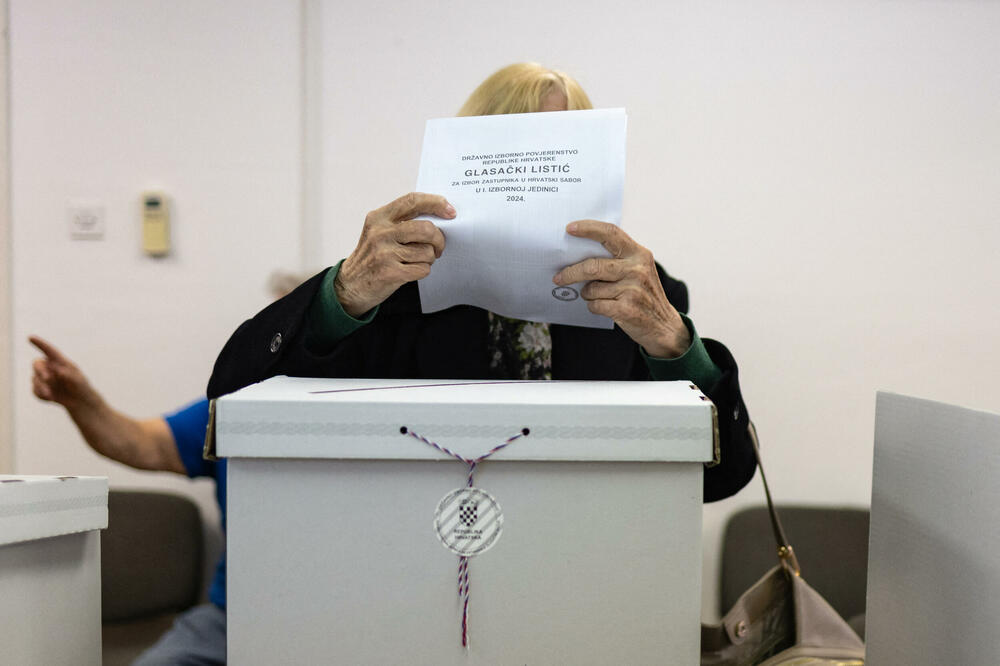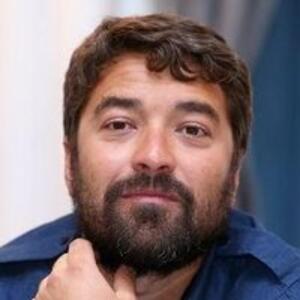The elections that have just ended in Croatia, with the official results counted almost to the end and updated and published on the website of the State Election Commission, which, at least in terms of informing the public and the timeliness of data processing, are at the level of a serious country, leave no doubt. We have a clear and unquestionable victory for the right. Which does not mean that we have such a clear future government, although millimeters separate the current Prime Minister and HDZ president, Andrej Plenković, from his third consecutive mandate.
And we can now talk about the freakish and fundamentally unchanged electoral system that Vladimir Šeks and HDZ tailored before Tuđman's death and clearly announced defeat, in order to minimize that defeat, so thanks to him we have the fact that the left We can with more than 1% or more of 21 thousand votes more, compared to the right Most, has one mandate less won, which is best seen in the tenth electoral unit in Dalmatia, where thanks to D'Hondt, even a significant crossing of the threshold of 5,26% of the votes was not enough for Moce take the mandate. However, regardless of the fact that this is a problem that needs to be solved as soon as possible, the fact is that, when we add it all up, about 60% of Croatian citizens clearly supported the right, and about 40% the left or one of the liberal options, with a considerable turnout of over 62%, which is realistically much higher, given that the voter list was not seriously refined, nor did it follow migratory demographic trends. This does not include minorities, among which only the Serbian has a significant percentage of the population, which overwhelmingly supported Pupovec's left-wing SDSS, nominally and substantively, but which, however, is always in coalition with the HDZ.
Now that we have this information about the ideological preferences of Croatian citizens, which is more or less continuous, because even in the landmark elections in January 2000, when the HDZ was swept away in the elections, a solid percentage of votes for the so-called of the six was right-wing, and these were certainly almost all the votes that HSS received at the time and a solid part of the votes of HSLS, the ideological ratio was the same, we can talk about what the future brings concretely in the political sense.
First, the elections showed the key problem of Milanović's public coup and formally undeclared, but actually active candidacy for the future prime minister. Namely, since he was not on any list, and even if he was, given the electoral system, he could carry the list in only one electoral unit, he could hardly change anything concrete that way. And that's not only because of the psychological moment of his presence on the list and in the campaign, but because his evident and multi-year ideological turn towards the hardest Tudjmanist right was simply too fast for the static Croatian society, which is why his main vote base is still represented by left-wing voters inclined to the SDP- in. Which, again, so spent, without ideas and with prominent veteran candidates, still did well with 25,5% of the votes won, but which has its own limits beyond which it cannot, even if it appeared completely rebranded. And it can't because the potential space for expansion is not on the right, but on the left, which was already occupied by Mozemo, with its slightly more than 9% of the vote. Again, even if the votes of the left had been divided differently, Milanović would again face the same problem of the fact that he is a substantively right-wing candidate, acting as a covert leader of the left party.
And yes, there is a minimal possibility that a coalition of all others, which includes the left-wing SDP and Mozemo and the radical and clerical right-wing Homeland Movement and Most, as well as small regional and liberal parties that have crossed the threshold, even without the support of minorities, on the wave of overthrowing the HDZ as the only common goal, forms a majority and thus prevents Plenković's third prime ministerial mandate in a row. However, such a coalition of so many, not only different, but completely opposing parties in terms of content, is hard to imagine. Especially headed by Zoran Milanović as prime minister, who could be the only consensus candidate of all the above, but who is anything but a man of compromise, patience and negotiation skills. Therefore, although this possibility, which even if it were to happen, would by no means be long-lasting, should not be written off at the start, its prospects are minimal.
And whatever Zoran Milanović was and whatever his ultimate goals were with these elections, he won't have much choice but to give Andrej Plenković the first chance to form a majority as the president of the country. Because, regardless of the fact that HDZ did a little worse than expected, it is still the list that won 60 mandates, while the first following list of SDP, i.e. its coalition 'River of Justice', took a whole 18 mandates less, i.e. 42.
And now we come to mathematics and guesswork. HDZ has an elegant opportunity to form a coalition with the radical right-wing Homeland Movement, whose members are former Hadeze residents anyway, who fell away from HDZ mainly because of radical nationalist exclusivity towards Serbs and because of the coalition with SDSS. That coalition would lack two mandates for the majority, which Plenković would easily find anywhere, even perhaps first with one of the minority lists that are not lists of the Serbian community. However, it is hard to believe that Andrej Plenković would feel comfortable in such a situation, which would further ignite the political and social atmosphere. Plenković, who likes stability and who ensured the absence of emotions from the political struggle and a relatively good social and economic situation, which helped him significantly in the elections, along with enormous corruption, of course, can hardly answer that.
The second, or third option if we count the first one about the general anti-Hadeze coalition, is that Plenković's HDZ, again together with all the minorities and the important role of Pupovč's SDSS, form a coalition, which would then lack eight mandates to reach a majority in the Parliament. Andrej Plenković could find those eight mandates in the regional IDS and the regional party of prefect Matija Posavac, where he would again lack two or three mandates. Which can be gained with a potential coalition with liberals from the Fokus coalition and the Vandelic Republic and perhaps even a few defections from the Homeland Movement. Personally, this outcome seems the most realistic to me.
Certainly more realistic than the impossible coalition of the HDZ, the Homeland Movement and the minorities led by the SDSS.
Which means that, colloquially speaking, it will be either the extreme right or the Serbs, and more likely it will be the extreme right for which another solid result will not be enough to be the decisive factor. There is, of course, the possibility that Plenković will surprise and put together an exclusively ideologically charged coalition, i.e. he decides on the second option, but I strongly doubt such an outcome.
Bonus video:





